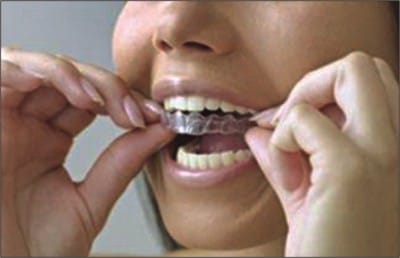Know the facts about dental brace

Dental braces are small devices fitted onto the teeth that pull individual teeth or jaws in a desired direction. It is widely used to straighten teeth that have grown in crooked. For some people this may be a strictly cosmetic procedure. Unfortunately, there are myths and rumours about dental braces that can be off putting. If you are thinking of wearing dental braces but are unsure of the facts, then read on for answers to frequently asked questions about dental braces.
Who can wear dental braces?
Dental braces are available to both children and adults, though evidence suggests that they work better in younger people. There is no specific age at which a child can begin orthodontic treatment, but there must be enough adult teeth available to work with before dental braces can be fitted.
What kind of dental braces are available?
Most of the dental braces are made of metal brackets. Plastic and ceramic brackets are also available, and many people prefer these because they are less visible.
Do dental braces hurt?
Immediately after dental braces are fitted there may be some discomfort. Shifting teeth and jaws as well as alien brackets can all cause discomfort, but there should be no real pain. Patients who experience any discomfort should report to their dentist or orthodontist immediately as adjustments may be able to be made.
How long do dental braces usually stay on?
Most patients wear dental braces for one or two years. Some may only need to wear them for a few months, and others may need to wear them for longer than two years. Throughout this time, visits to the dentist or orthodontist will need to be carried out every four to six weeks for adjustments.
Will I be able to speak normally?
Sometimes when a brace is fitted, it may affect your speech and cause problems in pronouncing certain words. Lisping may also be a problem at first, but most people soon adapt and quickly begin to speak clearly within a few days.
Can I eat normally?
Eating the wrong foods can damage or even break your brace. For the first few days, it may be better to keep to soft foods. Whether you have a removable or a fixed brace you should avoid sticky, chewy and sugary foods. Chewing-gum is not recommended as it can stick to your brace. Avoid hard foods such as whole apples, carrots, French bread and crusty rolls. These foods could break the orthodontic wires and brackets.
How should I clean my mouth and brace?
Clean your teeth and the brace thoroughly after each meal. Pay special attention to each individual tooth and the gum line around it.

 For all latest news, follow The Daily Star's Google News channel.
For all latest news, follow The Daily Star's Google News channel. 



Comments